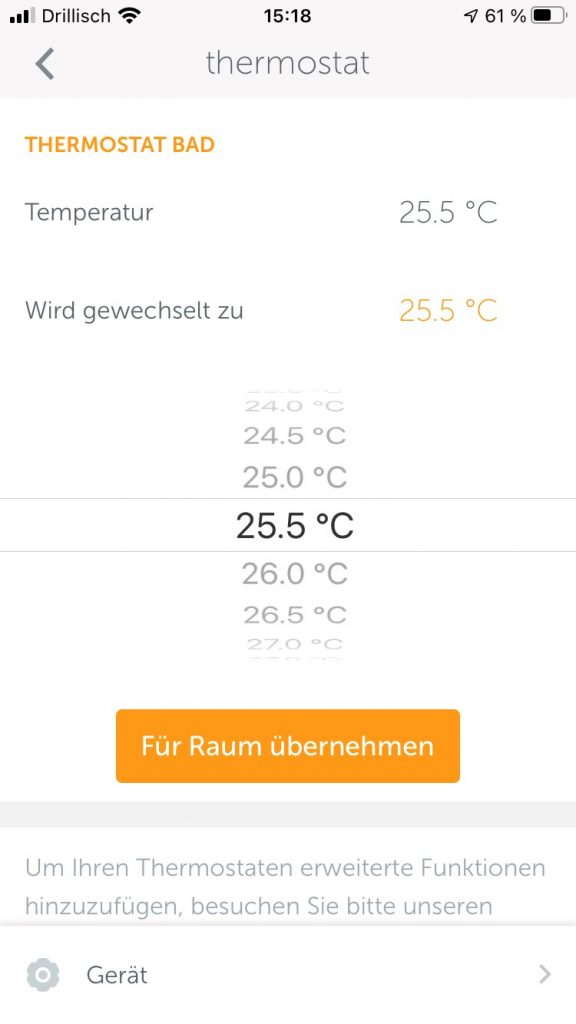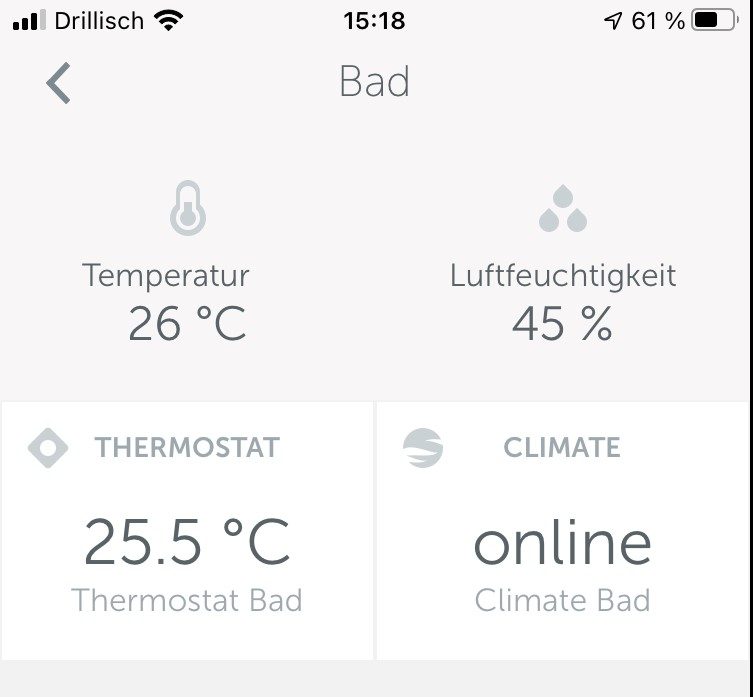 Source: iStock.com/AndreyPopov
Source: iStock.com/AndreyPopov
Horror price: Germans are heating less, yet heating costs continue to rise
6. November 2020 Published by Raphael DoerrGermans heated less last year. But despite this environmentally-conscious behavior their heating costs are still increasing, as ntv.de writes in a recently published post on constantly rising heating costs in Germany. Average heating costs per household rose by 2.4 percent in 2019 – that’s due to the heating oil and natural gas prices, which were 5.6 percent higher than in the previous year.
According to ntv.de, energy requirements in Germany fell again for the first time since 2015. This decline is largely due to the warmer winters that we have experienced in the past years, which means the drop in CO2 emissions cannot, unfortunately, be attributed to higher building efficiency.
More houses would have to be renovated and additional energy savings measures introduced in German households. After all, in order to achieve the German climate goals, CO2 emissions in living still need to be reduced significantly, as stressed by DIW researchers (German Institute for Economic Research). By 2030, private households would have to reduce their emissions to below 50 million tons per year. Last year, however, the CO2 emissions were still 88 million tons.
It’s the tenant who gets stuck with the heating costs dilemma
“It’s not enough to trust that the building in which you rent your apartment will some day be renovated if you want to lead a greener life,” says Sina Lenz, Press Spokesperson for Products at Gigaset. “The only option for acting sustainably and optimizing costs is to take action yourself. A smart home system can help.”
Heating can indeed be used conveniently and efficiently in combination with modern smart home systems. In its modular Smart Home system, Gigaset focuses, for example, on convenience, while also promising considerable savings potential for consumers. The smart thermostat is part of the Gigaset Smart Home system and allows users to simply set and control the room temperature as they wish.
In combination with the Gigaset Smart Home systems, the smart thermostats communicate automatically via the base station with the window and door sensors of the alarm systems S, M or L. If a window or the balcony door has been opened for a quick airing, the heating turns down automatically. As soon as doors and windows are closed again, the temperature is restored to how it was set before. That avoids keeping the heating running all the time, also saves costs on the heating bill, and reduces unnecessary emissions.
Each room can, of course, be controlled individually, which allows the study to have a different temperature than in the bathroom. An individual schedule can also be set for each room, for each day of the week using the rule manager.
Since it’s a fully digitized product, you don’t even need to be there to set it all up. The Gigaset Smart Home system and thermostat control can be operated via an app, allowing you to adjust the room temperature conveniently and spontaneously even while you’re on your way home using the Gigaset app, so that you always return to a perfectly heated home.
“For us, the focus of our interest in on reducing CO2 emissions,” Sina Lenz adds. “The Gigaset smart thermostat gives our customers complete control over temperature, costs and sustainability.”

 Comments
Comments

 en
en 







